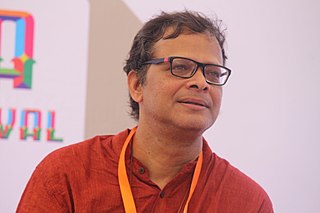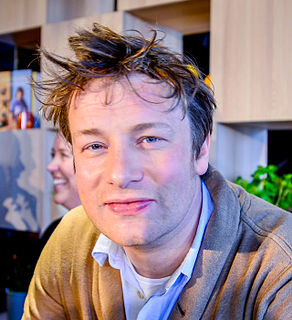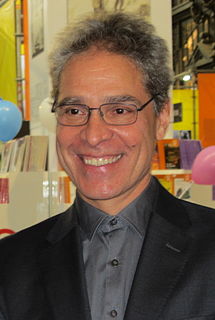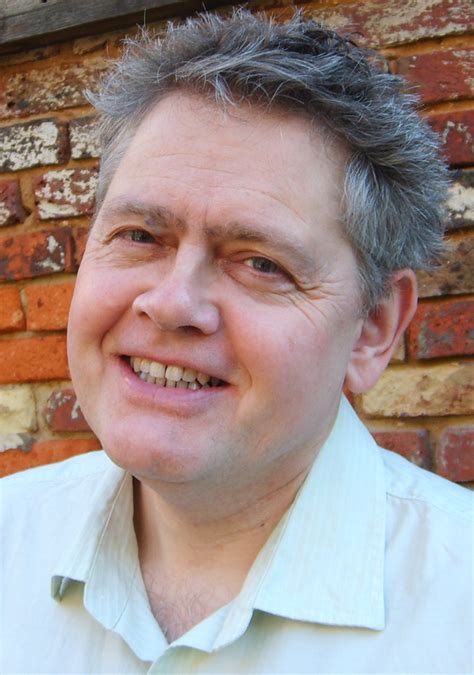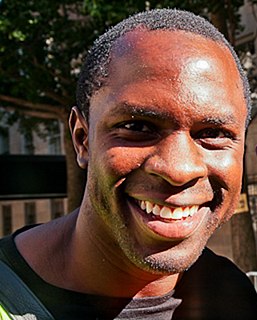A Quote by Tim Waterstone
It's actually as simple as this. New authors, building their customer base, need physical bookshops. Physical bookshops are lovely tactile, friendly, expert, welcoming places. Physical books, which can only be seen and handled in physical bookshops, are lovely, tactile things. Destroy those bookshops, and the very commercial and cultural base to the book industry is destroyed. Once and for all. Like Humpty Dumpty, it can never be put together again.
Related Quotes
Books bend space and time. One reason the owners of those aforesaid little rambling, poky secondhand bookshops always seem slightly unearthly is that many of them really are, having strayed into this world after taking a wrong turning in their own bookshops in worlds where it is considered commendable business practice to wear carpet slippers all the time and open your shop only when you feel like it.
I didn't go to bookshops to buy. That's a little bourgeois. I went because they were civilized places. It made me happy there were people who sat down and wrote and wrote and wrote and there were other people who devoted their lives to making those words into books. It was lovely. Like standing in the middle of civilization.
We're not in the physical world. The physical world is in us. We create the physical world when we perceive it, when we observe it. And also we create this experience in our imagination. And when I say "we," I don't mean the physical body or the brain, but a deeper domain of consciousness which conceives, governs, constructs and actually becomes everything that we call physical reality.
There is only one way to read, which is to browse in libraries and bookshops, picking up books that attract you, reading only those, dropping them when they bore you, skipping the parts that drag-and never, never reading anything because you feel you ought, or because it is part of a trend or a movement. Remember that the book which bores you when you are twenty or thirty will open doors for you when you are forty or fifty-and vise versa. Don’t read a book out of its right time for you.
Nearly everybody nowadays accepts the 'causal completeness of physics' - every physical event (or at least its probability) has a full physical cause. This leaves no room for non-physical things to make a causal difference to physical effects. But it would be absurd to deny that thoughts and feelings (and population movements and economic depressions . . .) cause physical effects. So they must be physical things.





